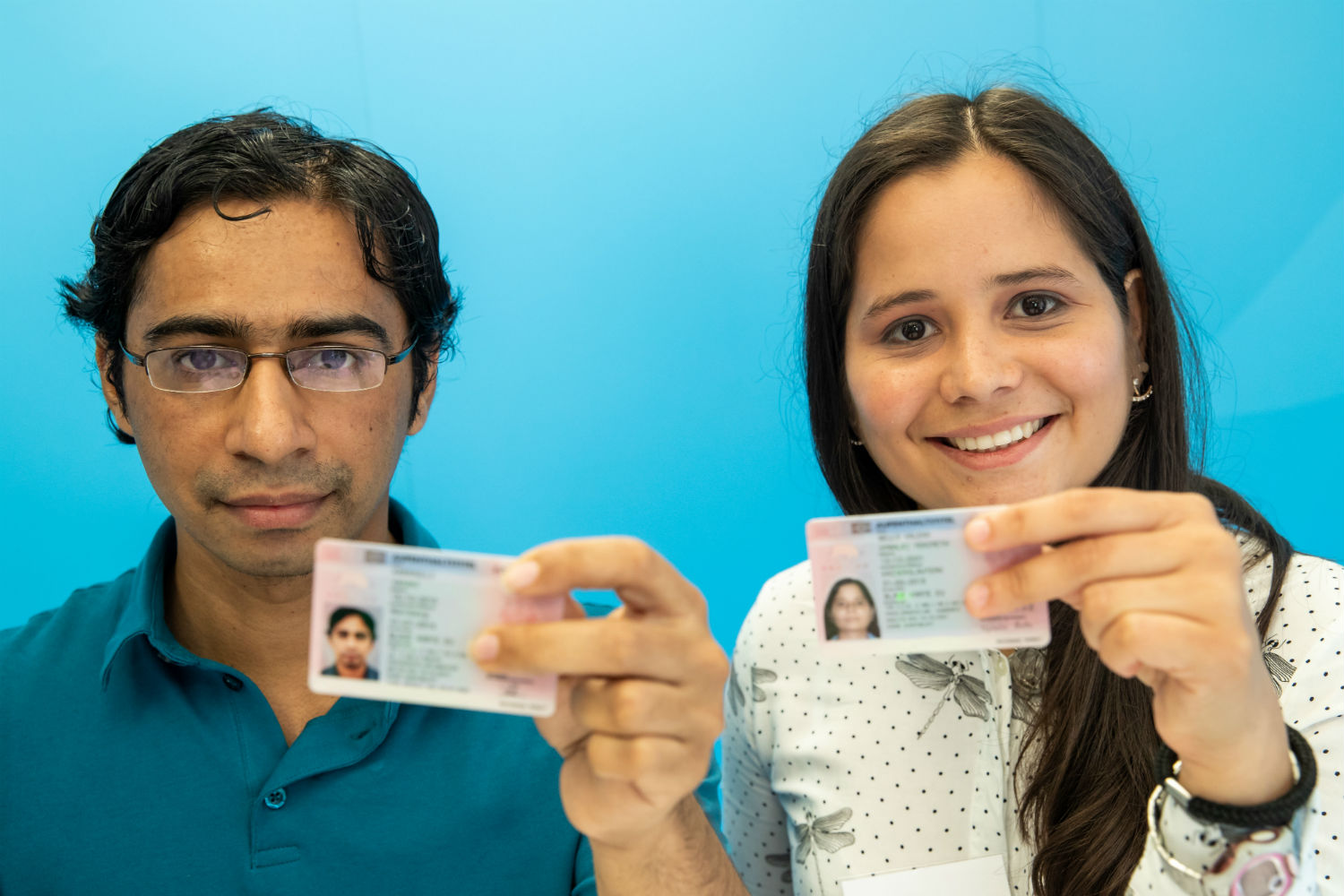In an ever-globalizing world, the demand for skilled professionals transcends borders. The European Union recognizes this reality and has introduced a powerful tool to attract non-EU nationals with specialized skills to contribute to its member states’ economies. Enter the Blue Card EU – a pathway to professional fulfillment and a chance to embark on a new chapter in one’s career journey, especially in countries like Germany, where the Blue Card system has gained significant traction.
Understanding the Blue Card EU
The Blue Card EU is a residence and work permit designed for highly qualified non-EU nationals seeking employment in one of the EU member states. Established in 2009, the Blue Card aims to address the growing need for skilled workers in various sectors, such as IT, engineering, science, and healthcare, among others. Germany, in particular, has become a hotspot for professionals seeking opportunities through the Blue Card system.
Eligibility Criteria
To qualify for the Blue Card EU, applicants must meet certain criteria. These include possessing a recognized university degree, having a valid job offer or employment contract in an EU member state with a minimum duration of one year, and earning a salary that meets the country-specific threshold. The Blue Card is particularly attractive for those seeking to work in Germany, where the minimum salary requirement is relatively high, especially in comparison to other EU member states.
Benefits of the Blue Card EU
Ease of Movement: The Blue Card allows its holders to move freely within the Schengen Area, comprising 27 European countries. This flexibility facilitates travel for both personal and professional reasons, providing a unique opportunity to explore diverse cultures and work environments.
Family Reunification: Blue Card holders have the advantage of bringing their families with them to the EU. Spouses and dependent children are eligible for family reunification, fostering a supportive environment for personal and professional growth.
Pathway to Permanent Residency: The Blue Card is often a stepping stone towards permanent residency. After a certain period of continuous legal residence, Blue Card holders may be eligible to apply for permanent residency in the host country, opening doors to long-term stability and integration.
Navigating the Blue Card Journey in Germany
The “Blue Card Germany” is not just a document; it’s an invitation to a world of professional opportunities in one of Europe’s economic powerhouses. Specifically designed for highly skilled non-EU nationals, the Blue Card is a sought-after residence and work permit that opens doors to a dynamic job market and an exceptional quality of life. With a focus on addressing skill shortages and driving innovation, Germany actively seeks qualified individuals through the Blue Card system.
Germany, known for its robust economy and strong industrial base, actively seeks qualified individuals through the Blue Card system to address skill shortages and drive innovation. Professionals considering a move to Germany can explore a dynamic job market and a quality of life that is second to none.
Challenges and Considerations
While the Blue Card EU presents numerous advantages, potential applicants should be aware of certain challenges. Language requirements vary between EU member states, and proficiency in the local language, particularly German in the case of Germany, may be necessary for successful integration. Additionally, bureaucratic processes can be time-consuming, requiring patience and meticulous attention to detail during the application process.
Key Takeaways
- Blue Card EU: A gateway for non-EU nationals to work in EU member states, especially Germany.
- Eligibility: Requires a recognized degree and a job offer meeting salary thresholds.
- Benefits: Includes freedom of movement, family reunification, and a pathway to permanent residency.
- Germany’s Appeal: Strong economy and demand for skilled professionals in various sectors.
- Application Process: Involves understanding German bureaucratic procedures and language requirements.
- Challenges: Language proficiency and navigating local systems are essential for integration.
- Opportunities: Germany offers a dynamic job market and a high standard of living.
In a world where talent knows no borders, the Blue Card EU stands as a testament to the European Union’s commitment to attracting and retaining skilled professionals. For those seeking to broaden their horizons, advance their careers, and embrace new cultural experiences, the Blue Card EU offers a golden opportunity. While challenges may exist, the potential rewards – both professionally and personally – make the journey worthwhile, especially for those eyeing the vibrant job market of Germany. As global citizens navigate the complexities of international employment, the Blue Card EU, particularly in Germany, emerges as a beacon, guiding them towards a future of endless possibilities and meaningful contributions in the heart of Europe.
What is the Blue Card EU?
The Blue Card EU is a work and residence permit for highly qualified non-EU nationals, allowing them to live and work in EU member states, particularly in Germany. It addresses the demand for skilled labor in sectors like IT, engineering, and healthcare.
Who is eligible for the Blue Card EU in Germany?
Eligibility for the Blue Card in Germany includes having a recognized university degree and a job offer with a salary above a certain threshold. The specifics may vary, emphasizing the need for skills in demand in the German job market.
What are the benefits of the Blue Card EU in Germany?
Key benefits include ease of movement within the Schengen Area, the ability to bring family members, and a pathway to permanent residency. These advantages make it an attractive option for career growth and personal development.
How does one apply for the Blue Card EU in Germany?
The application process involves submitting required documentation, proving language proficiency, and aligning one’s qualifications with the German job market. It requires navigating Germany’s bureaucratic procedures efficiently.
What challenges might one face with the Blue Card EU in Germany?
Challenges include language barriers, understanding and adapting to local culture, and navigating the German bureaucratic system. Successful integration requires patience, effort, and often, language proficiency.









